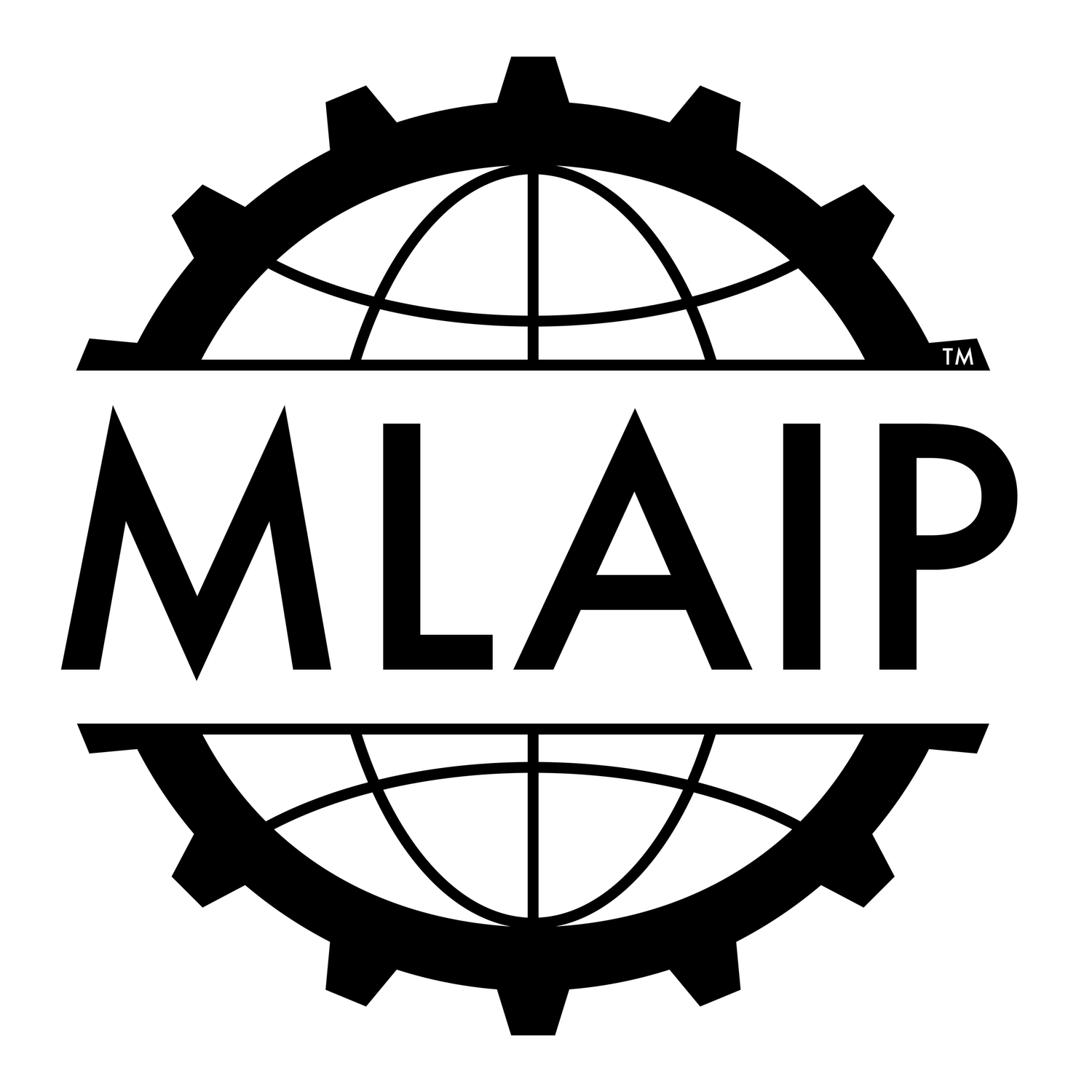To Mint or Not to Mint: Common Legal Issues for NFT Projects
NFTs have arrived as a popular way to buy and sell digital assets. Some argue that NFTs are passing fad, like the dot.com bubble of the early aughts; whereas others argue that they are here to stay and may change investing forever. Either way, NFT trading volume has surged to US$10.67B in Q3 of 2021, making them hot topic the world over, particularly among those who actively trade cryptocurrencies.
Common Legal Issues for NFT Projects
In many respects, the legal issues for NFTs are similar to those of the underlying digital assets, making an intellectual property lawyer with transactional experience well positioned to help NFT projects move forward. Here is a representative list of common legal issues:
Limited Liability Protections, including whether your digital assets should be held inside of a limited liability company or other entity to shield you from liabilities arising from inadvertently infringing the intellectual property rights of others when minting and selling your NFTS, or when making promises to your community of buyers that might be difficult to keep if the NFTs do not sell.
Confidentiality Agreements, including those executed by current and prospective collaborators to help keep the details of your project a secret during the NFT creation, minting, and listing process and ensure that your opening message is tightly controlled.
Branding and Trademarks, including activities for helping you build a defensible brand for your NFTs from the outset, such as name selection, trademark knockout searches, domain selection and acquisition, and trademark registration in one or more countries depending upon where your community of buyers is located.
Copyright Clearance and Registration, including reviewing your source materials for likelihood of copyright infringement, identifying open source and/or royalty free content that may be readily included in your NFTs, registering your copyrights in the digital assets, and ensuring that those rights are not transferred with the NFT unless that is desired.
Intellectual Property Assignments, including provisions for solidifying your ownership of the intellectual property rights to any digital assets that you pay others to create for your NFT project, no matter if the digital assets are delivered at once or produced in tranches.
Off-Ledger Agreements, including guidance on common deal structures for successful NFT projects and custom drafting of provisions intended to boost the value of your NFTs by offering unique benefits and perks to your community of buyers.
Promotional Agreements, including those executed with auction houses, event promoters, marketing agencies, strategic partners, and/or other third parties with a financial interest in the success of your NFT project.
Securities Law Implications, including the legal and financial risks associated with making promises to your community of buyers that may cause your NFTs to be viewed as a financial instrument under US securities laws.
The wild west nature of the NFT market ensures that many of these issues have not been fully litigated, making it difficult to fully understand the challenges and risks. This is common with emerging technologies and all the more reason to seek professional guidance when designing and executing your NFT project, particularly if it unlocks your creative potential.
Conclusion
An NFT is a digital asset that represents another object, such as a work of art, a musical composition, a video, or a 3D model. They are stored on a digital ledger and may be bought and sold online, typically with cryptocurrency on large global markets. The legal issues associated with NFTs are similar to those of the underlying digital assets, making it important to conduct due diligence on a number of common legal issues well in advance of minting day.
***
Thank You for Reading!
Matthew Leaper & Associates can help you resolve these and related issues in a professional, efficient manner. Our team of intellectual property law experts has a deep understanding of transactional law and a strong professional network of attorneys with complementary skills, in the US and around the world, making us well suited to help make your NFT project a success.

